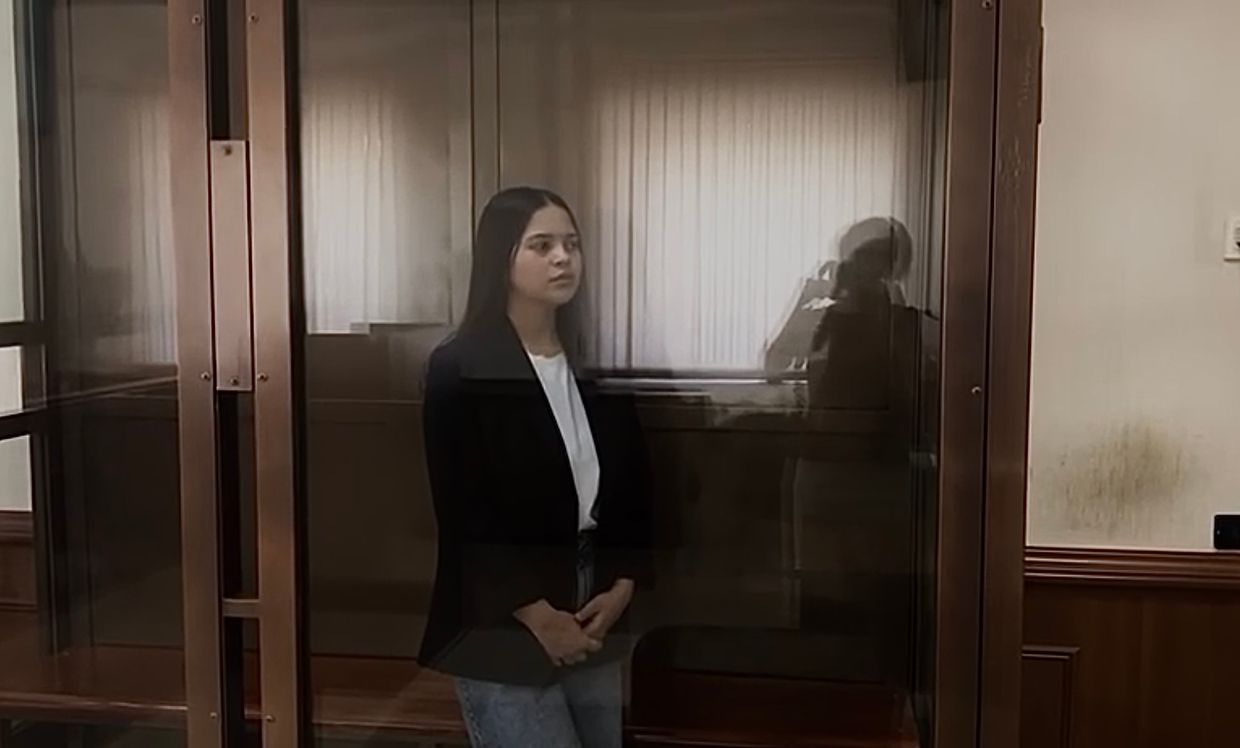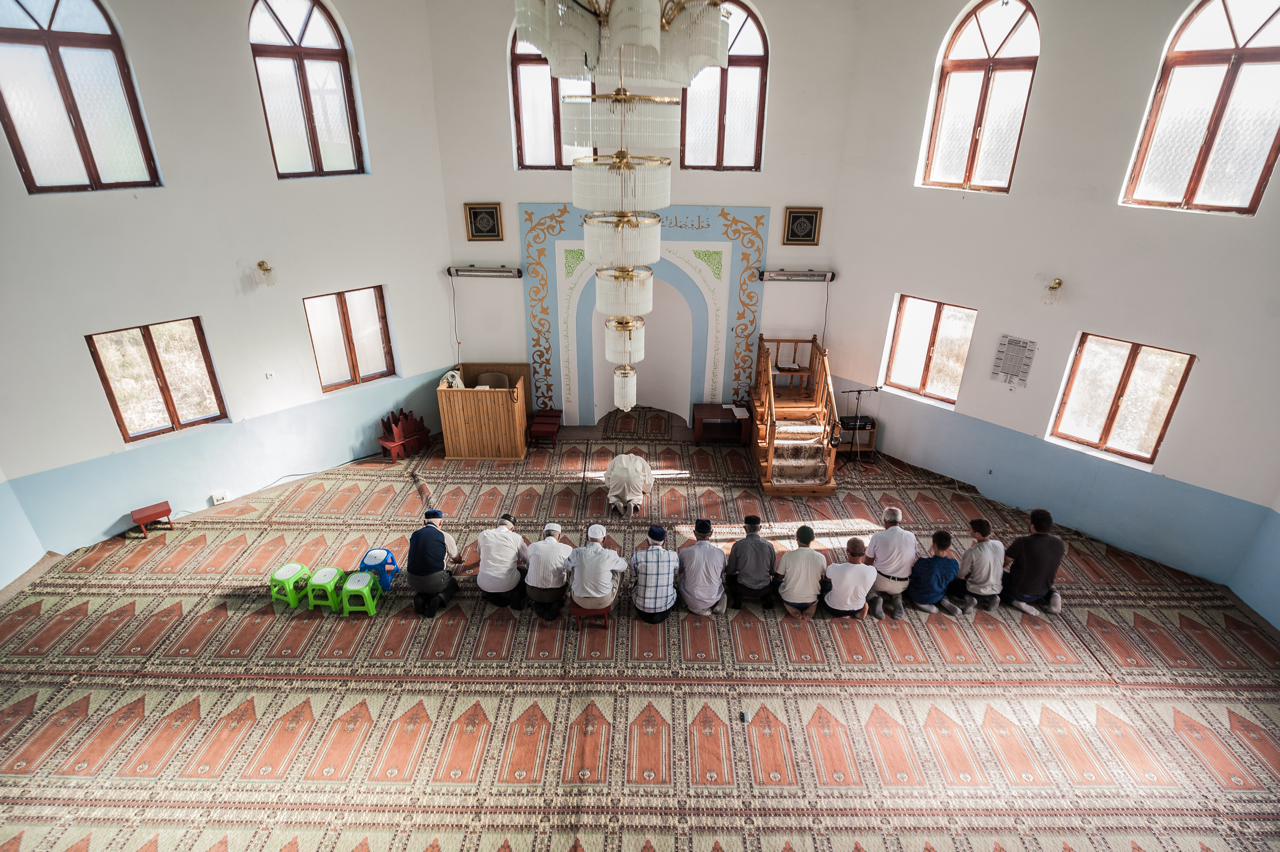Ombudsman: Pro-Ukrainian student interrogated in occupied Crimea after Ukrainian ex-MP leaks his message

A social media post by Iryna Farion, a far-right Ukrainian former lawmaker and linguist, exposed the personal information of a pro-Ukrainian student in occupied Crimea to Russian law enforcement, Ombudsman Dmytro Lubinets reported on Nov. 13.
After Farion published the student's email, saying, among other things, that he's waiting for Ukrainian soldiers in Crimea, a pro-Kremlin Telegram channel posted a video allegedly showing his apology filmed by employees of the Russian Interior Ministry.
The Russian Ministry's Main Directorate for Countering Extremism is "dealing" with the student, Maksym Hlebov, his friends, and teachers, the Russian pro-war Krymsky Smersh Telegram channel claimed.
Lubinets condemned Farion's decision to post a screenshot of Hlebov's email that contained his full name and other personal information, saying he appealed to Ukraine's Security Service to evaluate Farion's actions.
The post in question is no longer available on Farion's Telegram channel.
"It's not a secret that the occupation administration in Crimea is putting pressure on people who hold pro-Ukrainian views. However, this did not stop Farion from disclosing the boy's personal data under martial law," Lubinets added.
"This is not only an interference in a person's private life, but also a threat to the personal safety and life of the student."
Farion, activist known for her controversial statements on the use of Russian language in Ukraine, said in an interview published on Nov. 6 that she couldn't call Ukrainian soldiers Ukrainians if they speak Russian, sparking outrage among many Ukrainians.
In the email purportedly written by Hlebov and shared by Farion, the student voiced support for her statement, saying he "couldn't imagine" meeting Russian-speaking Ukrainian soldiers if they came to liberate his native city of Kerch.
"How will I know that these are our (soldiers), and not Russians, who have changed into Ukrainian military uniforms," reads Hlebov's alleged email.
Tamila Tasheva, President Volodymyr Zelensky's permanent representative for Crimea, called Farion's post "a crime," saying that the ex-lawmaker put the student in danger.
Tasheva promised to bringing Farion to justice.
Later, Farion reacted to the allegations, calling the reports about the alleged detention and interrogation of the Crimean student "a provocation" and "the enemy tactics."
Russia occupied Crimea in 2014 after the EuroMaidan Revolution ousted the pro-Russian President Viktor Yanukovych.
Since then, the occupation authorities have been carrying out repressions against pro-Ukrainian activists and Crimean Tatars, who are regularly indicted with trumped-up charges and sentenced to lengthy prison terms in kangaroo courts.















